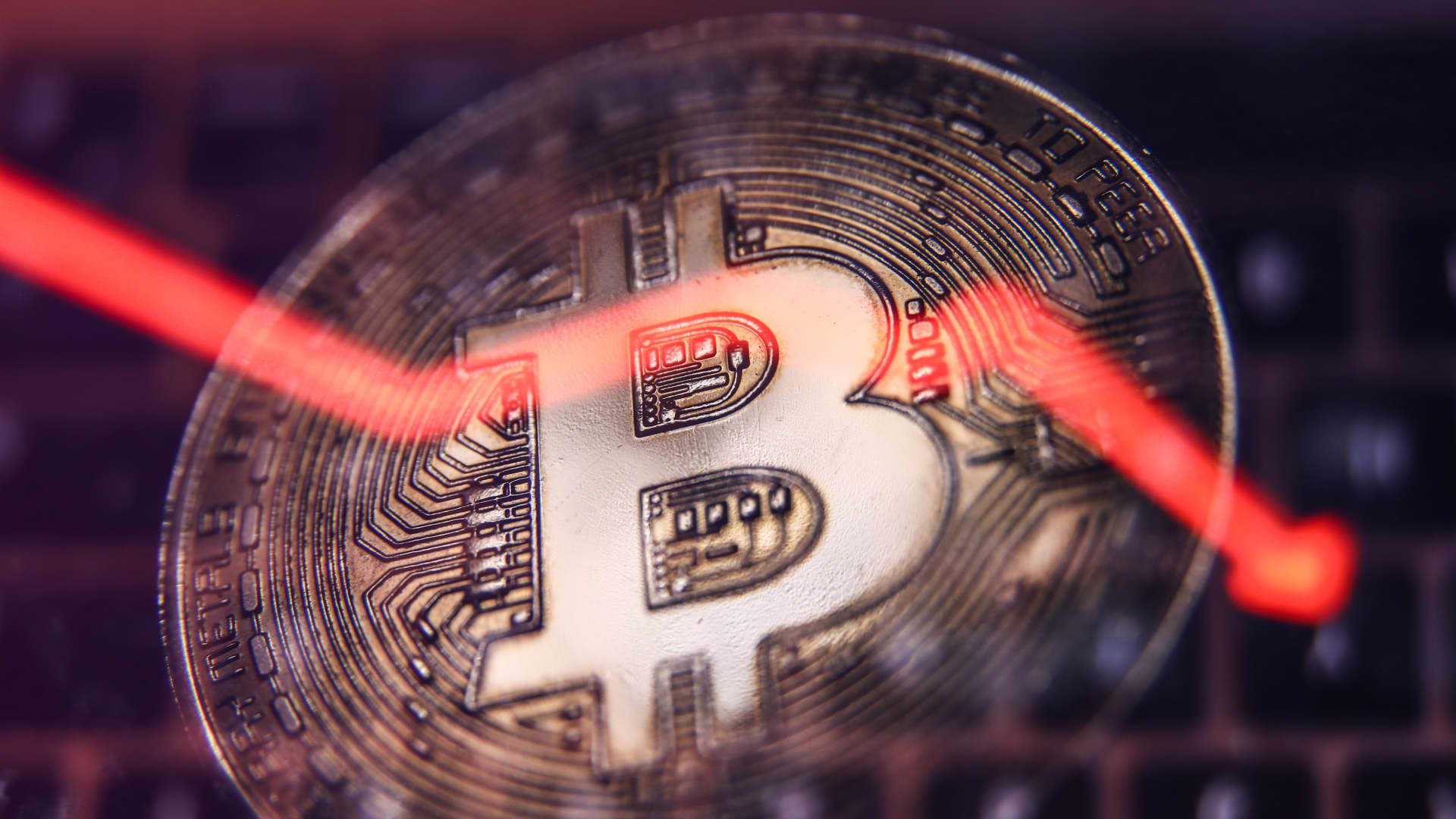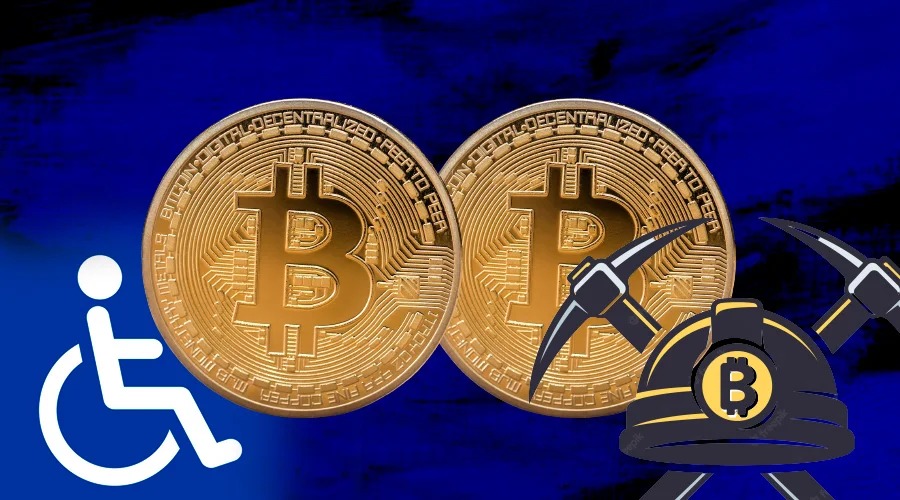
Bitcoin dropped below $20,000 Wednesday due to a variety of factors, from macroeconomic concerns to issues with cryptocurrency businesses.
At 07:36 AM, the world’s biggest cryptocurrency was down more than 4 percent to $20,056.48 According to CoinDesk data, ET. Bitcoin fell to $19,841 earlier on Wednesday.
Other digital coins, including ether, were also significantly lower.
Bitcoin trades within a narrow range over the past two weeks, unable to make any major moves above $22,000
Analysts at Bitfinex stated that bitcoin is currently being guided lower by a narrative that could continue for the remainder of the year. It was one of rising inflation and looming recession.
While inflation continues to rise, central banks continue to aim for more rate hikes creating fears of a recession elsewhere in the U.S.
U.S. stock market fell on Tuesday and futures were under pressure on Wednesday. Bitcoin is closely linked to U.S. stock market movements and tends to follow them lower or greater.
CNBC’s Vijay Ayyar, vice-president of corporate development at Luno and international, said that bitcoin will likely trade between $17,000 to $22,000 for a while due to current market sentiment and an expected interest rate increase from the U.S. Federal Reserve. This is despite the fact that all risk assets are being weighed down.
Ayyar stated that most bounces have been sold off over the past few weeks. These are typically called bear market bounces and are intended to trap buyers who will then sell their positions lower.
Sam Bankman-Fried is the CEO of cryptocurrency exchange FTX and has stepped up to save struggling companies such as BlockFi or Voyager Digital, by offering credit lines.
“The market is taking a break after the fall. The market is still experiencing systemic problems as people continue to prop up different dominoes that can trigger knock-on effects. Charles Hayter, CEO at website CryptoCompare, spoke to CNBC via email.




